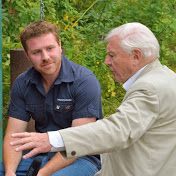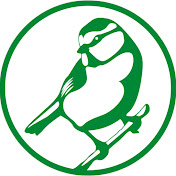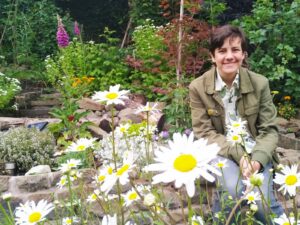Creating and restoring healthy, natural and diverse wetlands is key to helping dragonflies thrive.
Pond Ponderings Blog
Pond Ponderings is about garden ponds of all types and sizes created by gardeners of different experience levels and with different budgets. These posts will be honest accounts of the issues and joys that wildlife gardening and ponds in particular can bring.
Want to share your story? Get in touch with our Outreach Officer.
Go pesticide free
Pesticides, such as glyphosate, are easy to acquire and widely used across Britain on farmland, in public spaces, and in private gardens.
The risks posed to human and environmental health are now well known. Pesticide poisoning directly reduces the survival of dragonflies, particularly their larvae which are vulnerable to pesticide run-off into wetlands. However, they also result in the loss of their insect prey, particularly pollinators.
Changes need to be made to UK policy to put in place more rigorous pesticide regulations. This is why the BDS is part of the Pesticide Collaboration. However, landowners, managers and gardeners can make changes to their pesticide use to support wildlife recovery in their local area.
Save Water for Wildlife
Clean freshwater is a precious resource- for us and wildlife. Due to climate change and increasing demand, large areas of the country experience water scarcity every year.
Garden ponds are one of the best ways to support your neighbourhood’s nature- as it provides a home to freshwater species and drinking water for other wildlife. If you don’t have space for a pond, consider installing a bird bath for thirsty critters!
There are plenty of easy actions we can take at home to reduce our own water usage (and our water bill), like installing water butts to collect rainwater for gardening.
Plants for dragonflies
Dragonflies are voracious predators that consume large numbers of small flies, as well as other flying insects. As a result, one of the best ways to help your local dragonflies is to ensure your garden supports large numbers of prey.
Helpful activities include planting native wildflowers and reducing the amount you mow your lawn.
You can find plenty of advice on the Buglife website
Further Information On Wildlife Gardening
Wild Your Garden with Joel Ashton
Joel is our ambassador and has been creating wildlife
gardens across the country for over 15 years. You will find ‘how to’ videos and advice on his YouTube channel. Joel has also condensed his vast experience into a book of the same title ‘Wild Your Garden’.

Image credits: Pond by Vadim Piottukh; Pesticide by jetsandzeppelins, flickr; Greenwich Park drought by Alisdare Hickson; Honey-bee by Stanze.


